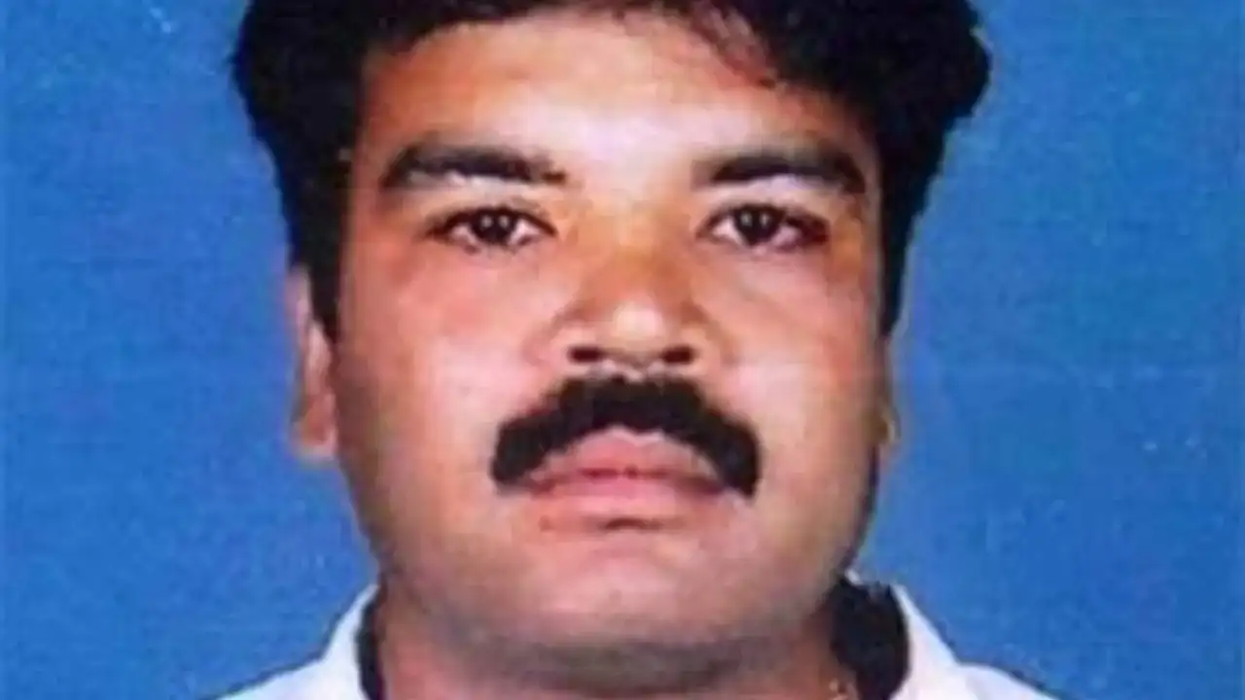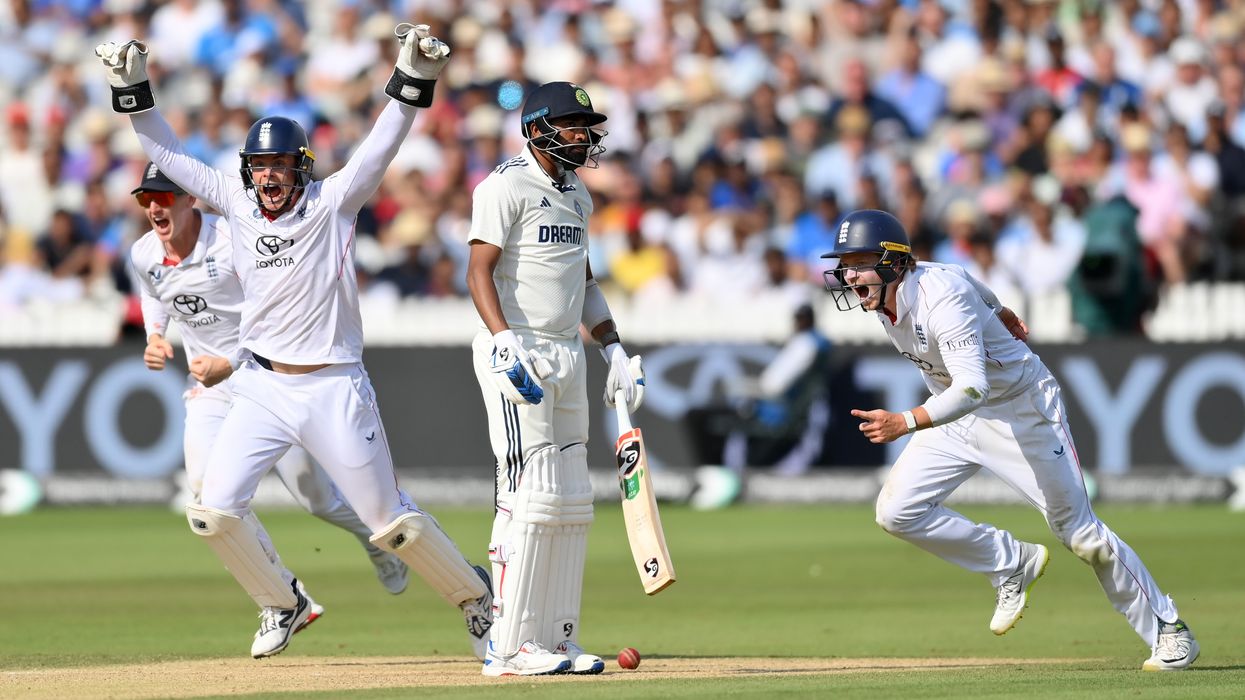by BARNIE CHOUDHURY
Former BBC journalist
WHEN I watch the BBC, I’m either envious, proud or disappointed. When you’ve spent 24 years giving your best to an organisation, it’s not like pushing a button to switch off your emotions.
You see, I’m one of those sad people who reads the BBC’s annual report, out last week, not to see who earns how much, but to find out what it did in the past 12 months when it comes to diversity.
As an immigrant family, we watched Nai Zindagi Naya Jeevan, presented by the brilliant Mahendra Kaul and Saleem Shahed, the only people on screen who looked like us.
Seventeen years later, in 1986, I was one of the lucky ones chosen to join the corporation as a trainee. Four out of 12 of us were ethnic minorities.
When I give talks on diversity, I explain that one newsroom stopped working and stared as I walked through it, such was the rarity of seeing a brown face. I recount how one senior colleague paid me what he thought was a compliment: “You’re not bad for one of those.”
Decades later, my academic research would find that BBC News could be accused of institutional racism under the flawed Macpherson definition. I was lucky that I never once felt I faced racism during my time there.
It was the former director-general, Greg Dyke, who took racial diversity seriously. But once he resigned, the commitment ebbed away. By the time I left, only two out of the 100 senior managers in BBC News, where I worked, were ethnic minorities. On-screen racial diversity was poor, and I was part of the brigade which called the BBC out on the issue.
The BBC is a publicly funded entity, so we have a stake in it, and should, rightly, hold it to a higher standard. Today, the BBC still faces criticism. On social media, former staffers castigate it for not doing enough. They do it because they love the BBC and want it to do better.
From an outsider’s perspective, the current director general, Lord Hall, has done much of which he can be proud. Stiffer diversity targets. Greater on-screen representation. More training and workshops for diverse programme makers. A better sense of inclusivity. Just think, which organisation would appoint a LGBT+ correspondent, as well as someone to focus on gender and identity stories? It is not political correctness: these two posts are much needed. They are of our time. Success will be when we don’t need them.
But that doesn’t mean the BBC gets everything right. The gender pay gap remains a recurring problem. My own research suggests that Hall needs to address the problem of commissioning. Speak to those pitching ideas, and they will tell you that white, middle-class Oxbridge men stop progress. They say BAME directors are given lower positions in favour of white people who are known to the commissioners. They have to prove themselves continually, they don’t get the same opportunities or progression. Production teams on programmes such as Bodyguard remain exclusively male, pale and stale. BAME presenters still face the ignominy of being asked to explain why they should front mainstream projects.
But here’s the thing: how about we provide solutions? Asians need to understand the rules of the game. We can put in 100 per cent effort every time, but that will account for just 10 per cent of our success. We need to learn from our white colleagues. We need to help, encourage, mentor, develop and champion BAME colleagues. Why do you think white commissioning editors go back to those they know and trust? It’s always who we know.
We need to remember those in whose footsteps we follow. How else can we learn from their experiences? We need to make the best use of technology and remember there’s more than one way to reach your destination. We need to study, put in the hours and make our mistakes away from the glare of traditional and national platforms. We need to understand that on-screen talent has a shelf life. Good leaders are much sought after, and they have a longer career.
And just remember, if you tell someone off all the time, they’ll simply shut their ears because they know no matter what, you’ll never be satisfied. So never feel entitled and be scrupulously kind to others. It’s in your hands to become indispensable. Never forget, you have the tools to succeed.
















 Heehs describes two principal approaches to biographyAMG
Heehs describes two principal approaches to biographyAMG



 David Beckham wearing a David Austin Roses "King's Rose" speaks with King Charles III during a visit to the RHS Chelsea Flower Show at Royal Hospital Chelsea on May 20, 2025Getty Images
David Beckham wearing a David Austin Roses "King's Rose" speaks with King Charles III during a visit to the RHS Chelsea Flower Show at Royal Hospital Chelsea on May 20, 2025Getty Images
Barnie Choudhury: Pay levels in the BBC don’t matter, diversity does